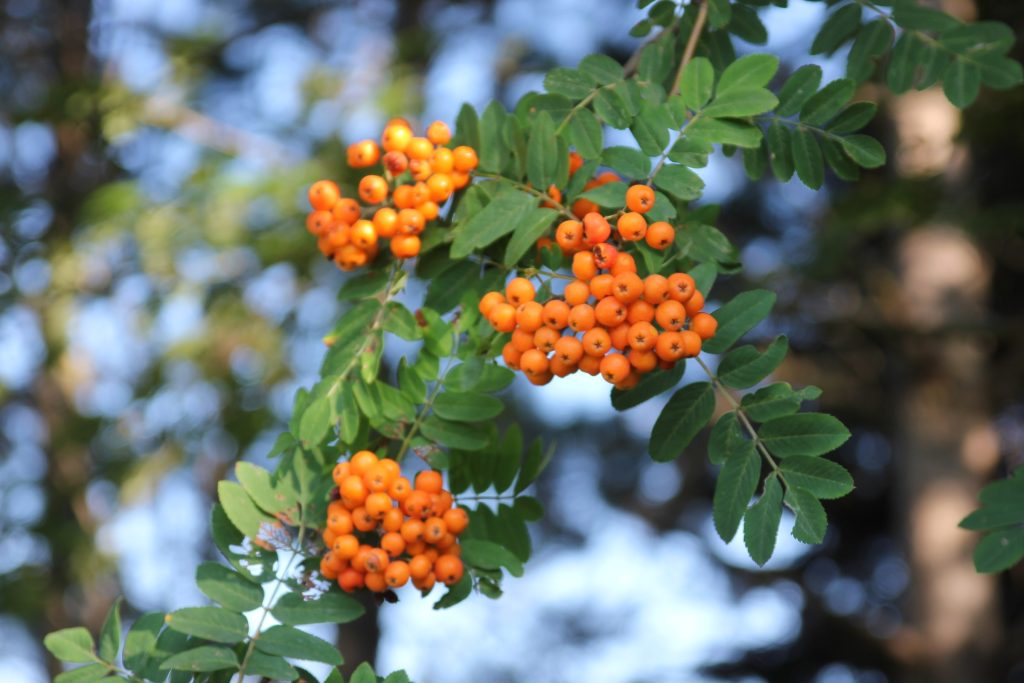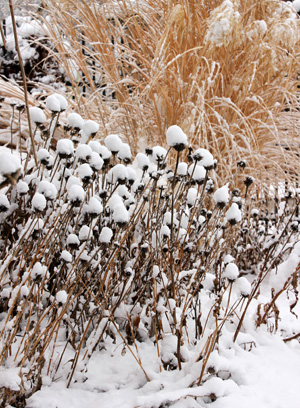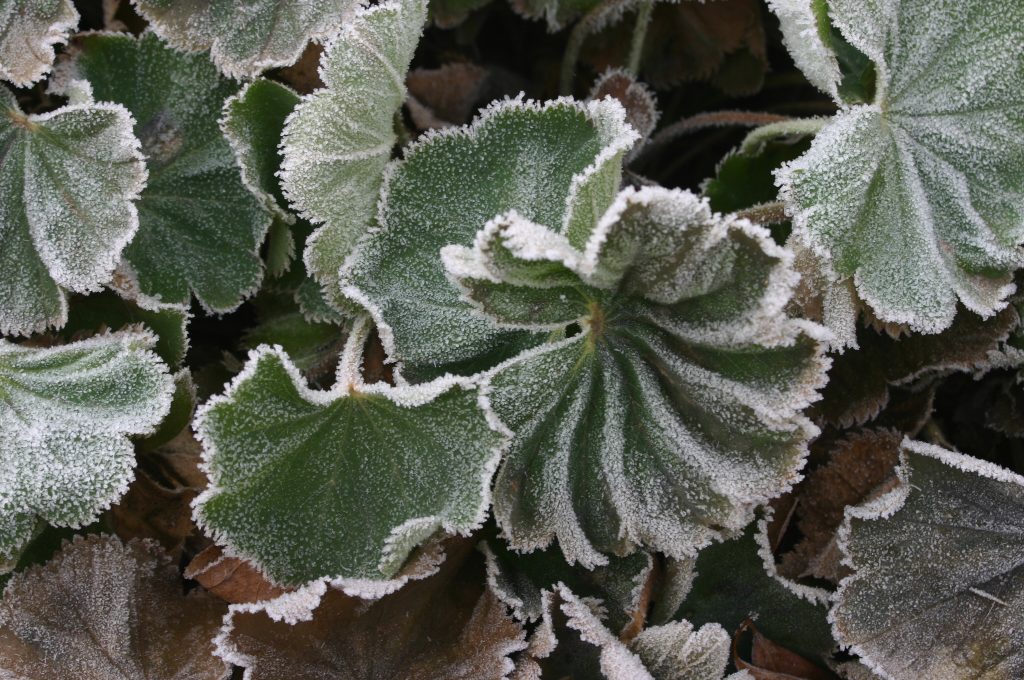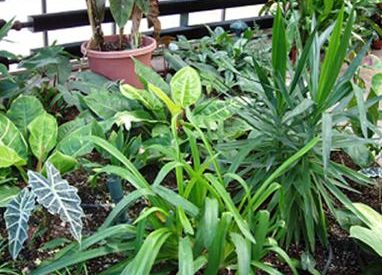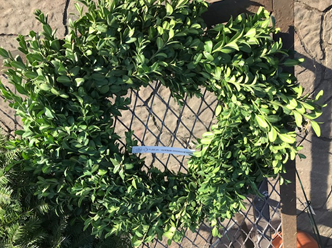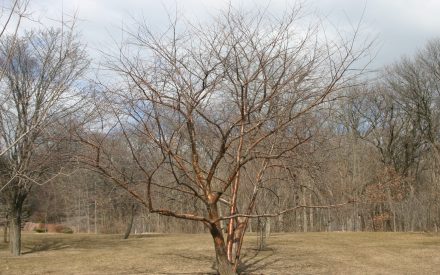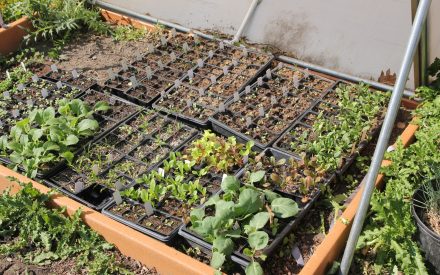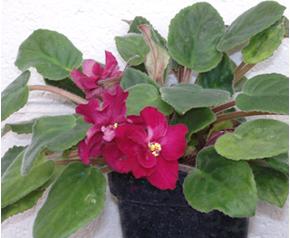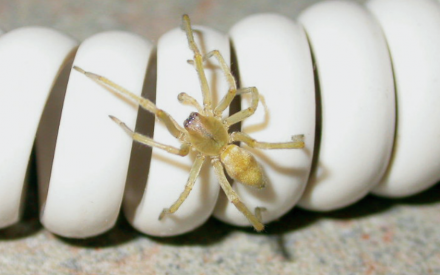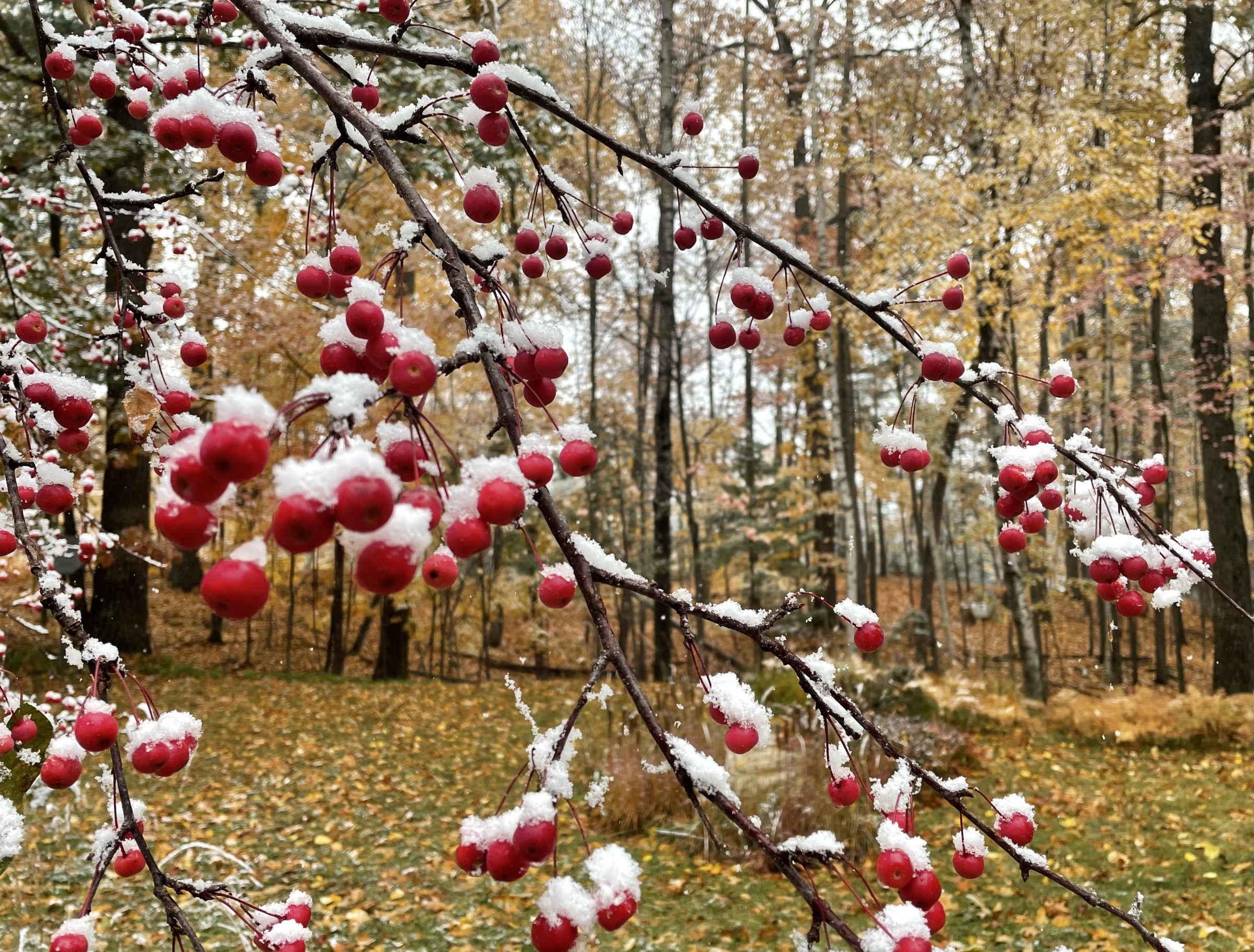
Featured Programs

2026 Landscape & Grounds Maintenance Short Course
This virtual, four-week short course held in February keeps green industry professionals in up-to-date on the newest industry practices and technology available.

Ask Your Gardening Question: LIVE
Register for an upcoming Q&A session, connect with plant health experts from the UW-Madison Division of Extension, and get answers to all your plant questions!
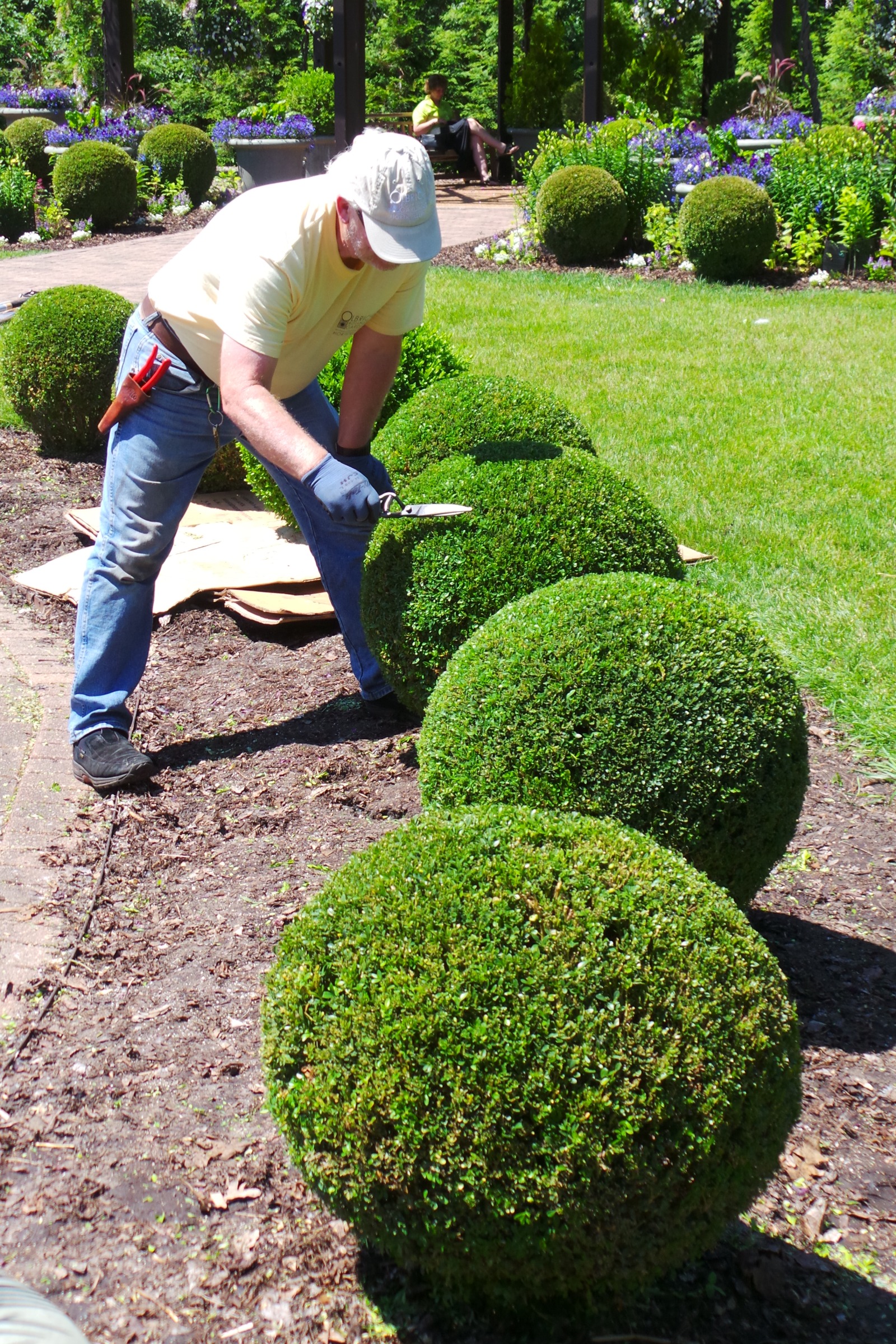
New to gardening?
Gardening and learning to grow your own food provides many benefits, but we know it can be a bit intimidating when first starting out.
Check out our New Gardener Resources to get your Wisconsin garden started quickly and easily.
Latest Horticulture News
Got plant problems? Learn plant diagnostics online
Learn the step-by-step process for identifying plant problems in your yard, garden, and even indoors. This course introduces the plant diagnostic process in an easy-to-understand way.
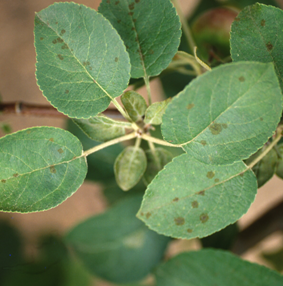
Extension Horticulture
Media Mentions
Extension Horticulture specialists and educators across Wisconsin are regularly featured by local and national news outlets, sharing expertise on a wide range of topics related to gardening and horticulture.
Timely Articles for Winter Gardens
Stay Up to Date with Us
Subscribe to Our Newsletter
We send our newsletter on the first Friday of every month.
Sign up to receive updates in your inbox!
